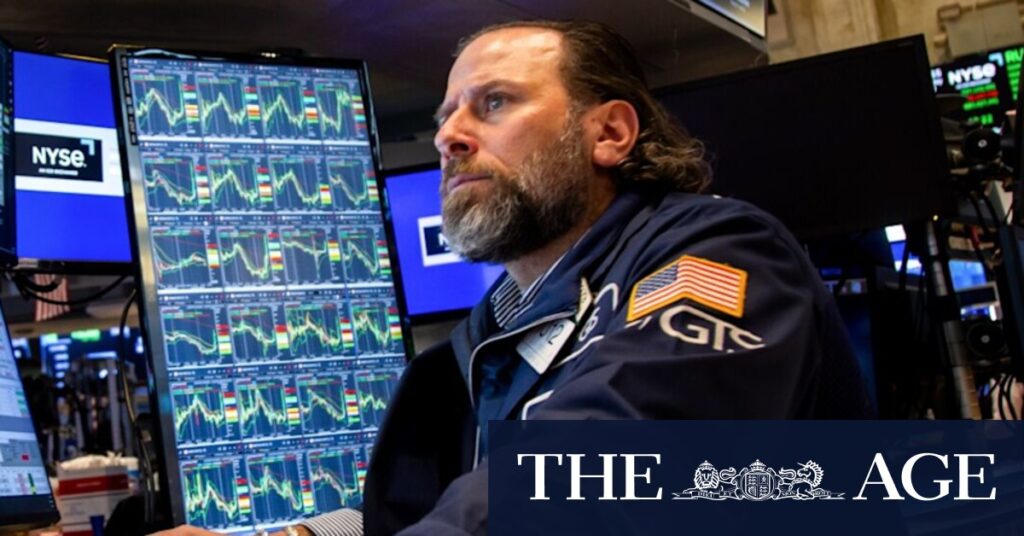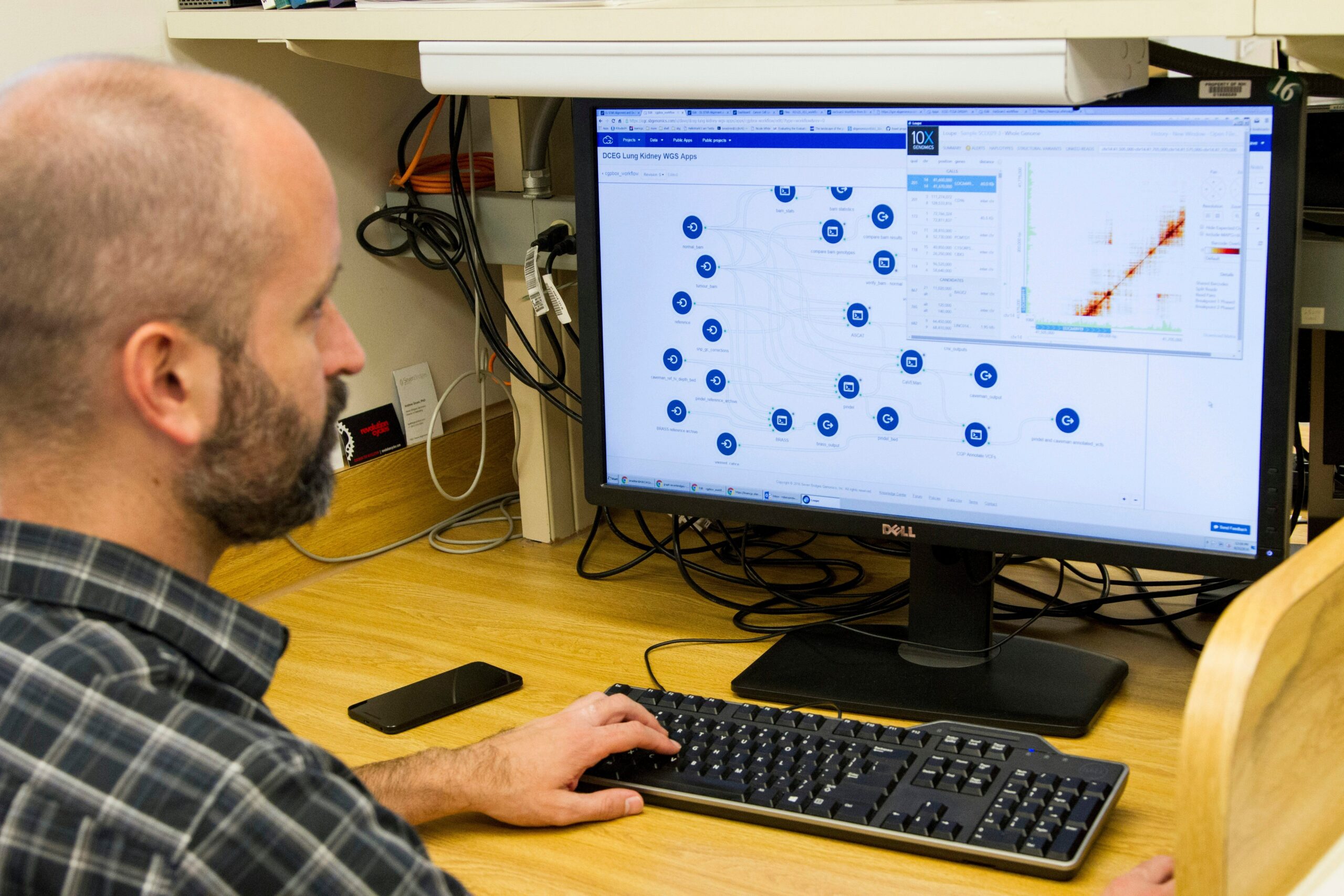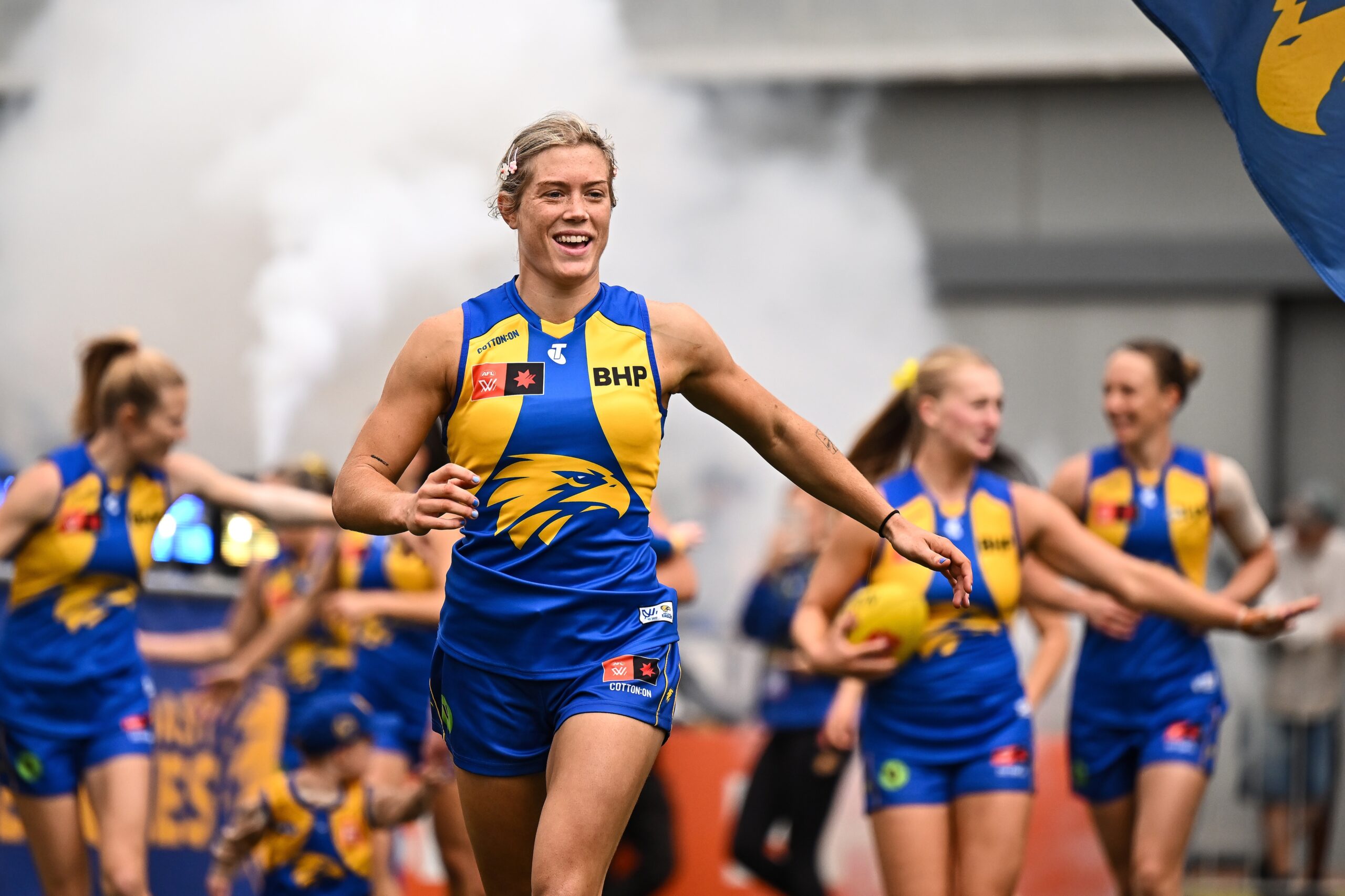
The Australian sharemarket took a significant hit on Wednesday as unexpected inflation figures dashed hopes for an interest rate cut at the Reserve Bank’s upcoming meeting, traditionally held on Melbourne Cup Day. The S&P/ASX 200 index closed down 86.30 points, or 1%, at 8926.20, driven lower by financial stocks and companies reliant on discretionary consumer spending. This decline followed a 0.5% loss on Tuesday, while the Australian dollar rose slightly by 0.2% to US65.98¢.
The inflation figures, released by the Australian Bureau of Statistics, showed headline inflation at 1.3% for the three months ending in September, a marked increase from the June quarter’s 0.7%. This pushed the annual rate of price growth from 2.1% to 3.2%. According to Diana Mousina, chief deputy economist at AMP, the figures are “too high for the RBA to be comfortable to cut the cash rate next week.”
Market Reactions and Economic Implications
The unexpected inflation data sent shockwaves through the market. Bond yields surged by 12 basis points to 3.57%, the highest since January, as financial traders adjusted their expectations, reducing the likelihood of a rate cut at the upcoming RBA meeting from about 40% to almost nil.
Several economists have suggested that the inflation surge is substantial enough to halt further rate cuts. Su-Lin Ong, chief economist at the Royal Bank of Canada, stated, “The RBA easing cycle is likely over.” This sentiment was echoed by Belinda Allen from the Commonwealth Bank, who highlighted “the broad-based nature of pricing pressures” revealed in the data. Similar views were expressed by analysts at Bank of America Securities and JPMorgan Chase.
Impact on Financial and Consumer Stocks
Banking stocks led the declines on the ASX following the inflation report. Commonwealth Bank, the largest stock on the index, dropped 2.1%, while National Australia Bank fell 2.6%, Westpac slumped 3.4%, and ANZ Bank slipped 0.4%. Macquarie, often referred to as the ‘Millionaires’ Factory’, also saw a decline of 1.4%.
Higher interest rates are expected to keep borrowing costs elevated for both businesses and consumers, potentially dampening spending. Wesfarmers, which owns Kmart, Officeworks, and Bunnings, fell 1.7%, while electronics retailer JB Hi-Fi shed 1.3%. In the airline sector, Qantas lost 3.2% and Virgin Australia fell 2.1%. Shopping centre owners Scentre, Stockland, and Vicinity saw declines of 1.2%, 3.9%, and 1.9%, respectively.
Woolworths Bucks the Trend
Despite the overall market downturn, Woolworths shares rose 2.4%, even after reporting weaker-than-expected sales figures for the September quarter. CEO Amanda Bardwell acknowledged that the company’s performance “was below our aspirations,” with food sales at its supermarkets increasing by 2.2%, falling short of analyst forecasts.
However, Jarden analyst Ben Gilbert noted potential positive signs, stating, “there appear to be some (very early) green shoots,” as October food sales rose by 3.2%. Gilbert suggested that if the September quarter proves to be the low point and October trends continue, Woolworths’ stock could perform well.
Tech and Mining Stocks Mixed
Tech stocks also experienced declines, led by accounting software maker Xero, which is now the largest tech stock on the ASX, along with Technology One and NextDC, falling 2%, 3.6%, and 1.9%, respectively. WiseTech Global, which recently faced a 15.9% share rout following a federal police raid, managed a slight recovery, rising 1%.
Meanwhile, mining giants BHP, Fortescue, and Rio Tinto saw gains of 1.3%, 1%, and 0.5%, respectively. Gold miners also rebounded, with Northern Star and Evolution Mining climbing 2.4%, and Newmont rising 1.1% as gold prices steadied near $US3950 an ounce.
Global Market Context
On Wall Street, the S&P 500 added 0.2%, the Dow Jones rose 0.3%, and the Nasdaq composite climbed 0.8%, with all three indexes setting all-time highs for a third consecutive day. Investors are closely watching for the Federal Reserve’s latest rate move and upcoming earnings reports from major US companies.
Tech giants Apple and Microsoft both saw gains, with Microsoft hitting a $US4 trillion valuation, joining Nvidia in this exclusive club. Amazon rose 1% after announcing significant corporate job cuts to focus on AI investments. United Parcel Service rallied 8% on stronger-than-expected quarterly results.
Conversely, Royal Caribbean fell 8.5% despite reporting better-than-expected profits, as its revenue missed expectations and it faced operational challenges due to adverse weather.
The Fed’s anticipated rate cut on Wednesday, driven by a slowing job market, is expected to be the second of the year, with a third cut likely before year-end. The focus will be on Fed Chair Jerome Powell’s comments for any hints on future policy directions.
As the market digests these developments, the Reserve Bank’s decision next week will be closely watched, with significant implications for the Australian economy and financial markets.







